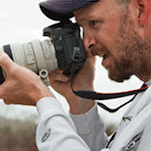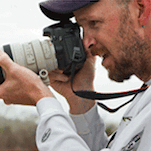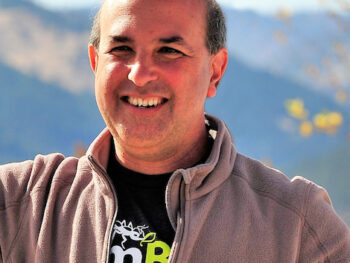Teachable Moments Series

More than Meets the Eye
Students are eager to acquire skills that will serve them in the real world. This is understandable. School is expensive, and they could be out making money rather than spending it on their education. Unfortunately, it’s hard to know what it is that you don’t know but that you need to—the “unknown unknowns”, as Donald Rumsfeld once said—which is why teachers are so important. Good teachers shepherd students’ educational journey through a forest of unknowns, periodically pausing to highlight the various skills they gain along the way.
I was thinking about this the other day while revisiting our family budget. Much of what I know about budgets I learned as an ecologist. Sure, some of these skills were developed while writing grants, but most came from developing budgets for the ecosystems I was studying. Such budgets are critical tools for ecosystem ecologists. Based on first principles like conservation of mass, budgets are rooted on the conceptually simple idea that inputs minus outputs equals storage. This is true regardless of whether one is creating a nitrogen budget for a small urban watershed, the heat budget for a kangaroo rat, or balancing your personal budget. Of course, closing these budgets is often more easily said than done, which is why ecologists have long been curious about the “missing carbon sink” in the global carbon budget. Still, when my math-phobic students encounter budgets for the first time—say when reading SimBio’s Nutrient Cycling or Physiological Ecology chapters— I remind them that they already are (or should be) balancing their personal budgets using the same simple concept: money earned – money spent = money saved!
Of course, developing the ability to construct and interpret budgets isn’t the only real-world skill Ecology courses help student develop. At its best, ecology is an integrative, multi-disciplinary science that rewards practitioners who are both collaborative and technically savvy. It’s not enough for ecologists be clear, imaginative thinkers with strong problem-solving skills. Like all scientists, they must be able to communicate their ideas—both orally and in writing. In other words, budding ecologists should be honing many of the same skills that businesses seek when hiring young college graduates!
This can be seen by perusing the results of the National Association of Colleges and Employers (NACE) survey of employers. Years ago, when I was thinking about how to make classrooms more dynamic and active, I had a conversation with Nicole Garber from Colorado State University about her approach to flipping her classroom. She said that students who are unfamiliar with the approach often push back, especially when asked to work in teams. Whenever this happened, she highlighted the results of the latest NACE survey to show that by learning how to conduct group work and communicate their results, students are honing skills that are just as important as the minutia of predator-prey interactions. Indeed, these interpersonal skills were the very skills that will help her students find a job even if they weren’t hoping—gasp—to become ecologists! I have shamelessly stolen this idea and make sure to highlight for my students the skills I am trying to help them develop by flipping my classroom, a teaching mode I think SimUText Ecology makes easier.
The idea that Ecology courses offer students more than what meets the eye is part of why they are so much fun to teach. Most of my students will never become ecologists. Heck, most won’t even become practicing biologists. Still, most of them will work in teams, will need to communicate with their colleagues, and will—at least occasionally—need to balance a budget. It’s nice to know that I’ve helped them develop skills like these which will serve them well, wherever they go!






 Study Confirms the Importance of Feedback
Study Confirms the Importance of Feedback

